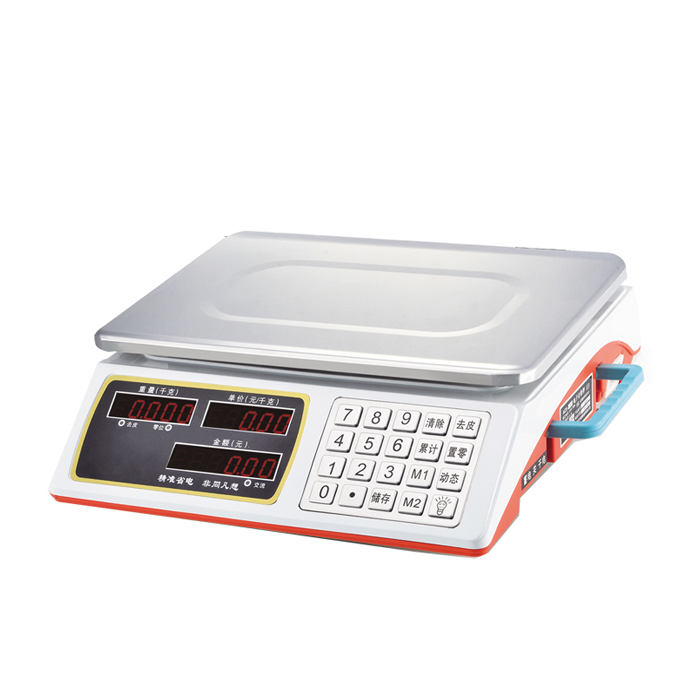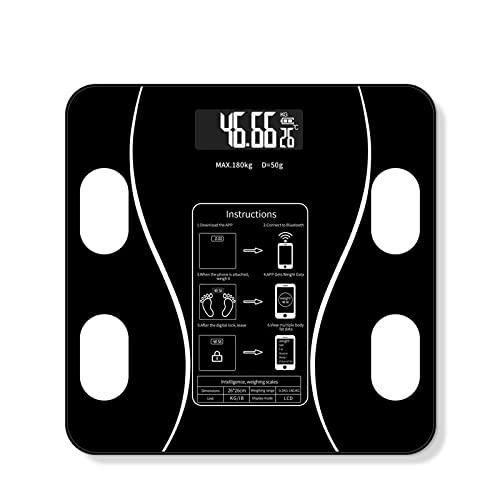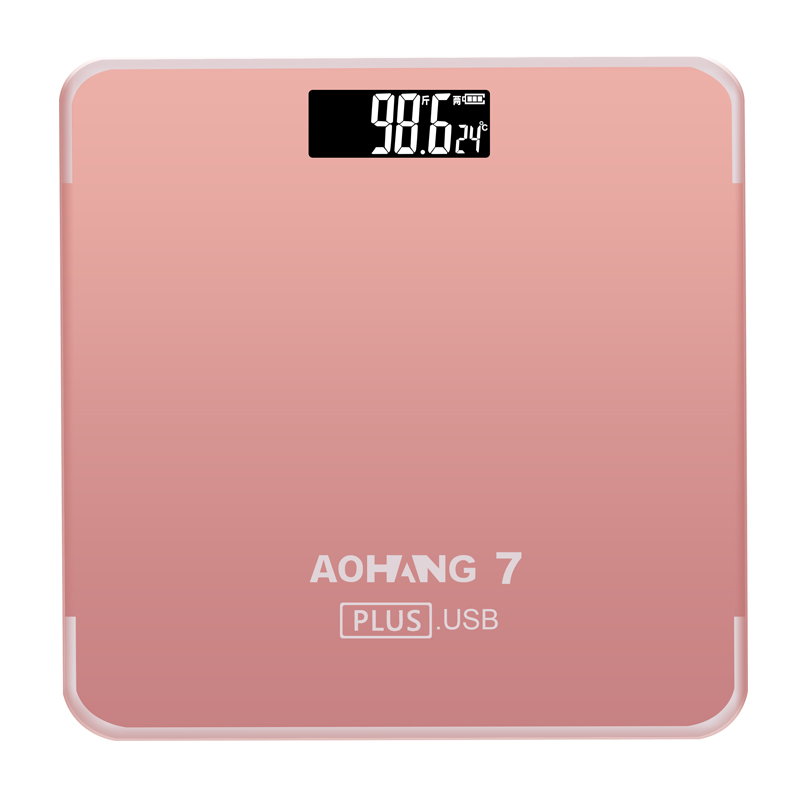Hidden Reasons Why a Digital Scale Keeps Changing Weight, Digital scales are widely appreciated for their precision and convenience. However, fluctuating or inconsistent weight readings can be frustrating and may undermine their reliability. Understanding the hidden reasons behind these irregularities can help address the problem effectively. In this guide, we’ll uncover common causes for changing weight readings on a digital scale and how to fix them, with expert advice from Eagle Weighing Systems, Uganda’s leading supplier of weighing solutions.


1. Unstable Surface
- The Issue: A digital scale placed on an uneven or unstable surface may produce fluctuating readings.
- Why It Happens: Uneven surfaces interfere with the scale’s sensors, causing inaccurate weight distribution.
- Solution:
- Place the scale on a flat, hard surface.
- Avoid using the scale on carpets, soft mats, or uneven floors.
2. Environmental Factors
- The Issue: Environmental conditions like wind, vibrations, or temperature fluctuations can affect the scale’s performance.
- Why It Happens: Sensitive sensors in digital scales are prone to interference from external conditions.
- Solution:
- Use the scale in a controlled environment, free from drafts or vibrations.
- Avoid exposing the scale to direct sunlight, extreme temperatures, or humidity.
3. Low or Inconsistent Power Supply
- The Issue: Weak batteries or unstable power sources can cause erratic weight readings.
- Why It Happens: Insufficient power can disrupt the scale’s internal electronics.
- Solution:
- Replace old batteries with fresh, high-quality ones.
- Use a stable power connection if the scale is mains-operated.
4. Overloading the Scale
- The Issue: Exceeding the maximum weight capacity of the scale can damage its sensors.
- Why It Happens: Overloading places excessive stress on the load cells, leading to inaccurate readings.
- Solution:
- Check the scale’s weight limit and avoid exceeding it.
- For heavy-duty tasks, use a platform scale designed for higher capacities.
5. Uncalibrated Scale
- The Issue: A digital scale that hasn’t been calibrated or has lost calibration may produce inconsistent results.
- Why It Happens: Frequent use, transportation, or environmental changes can disrupt calibration.
- Solution:
- Perform manual calibration using certified weights.
- Contact Eagle Weighing Systems for professional calibration services in Uganda.
6. Dirt and Debris Accumulation
- The Issue: Dust, dirt, or particles trapped on the scale’s platform or sensors can interfere with accuracy.
- Why It Happens: Foreign substances prevent the scale from registering weight correctly.
- Solution:
- Clean the scale regularly using a soft, damp cloth.
- Avoid using harsh chemicals that could damage the surface.
7. Faulty Load Cells or Sensors
- The Issue: Load cells, which measure the force applied to the scale, may become damaged over time.
- Why It Happens: Physical impact, overloading, or manufacturing defects can impair the sensors.
- Solution:
- Inspect the scale for visible damage.
- If sensors are faulty, consult professionals like Eagle Weighing Systems for repairs or replacements.
8. Improper Use of Tare Function
- The Issue: Incorrectly using the tare function can cause fluctuating readings.
- Why It Happens: Setting an incorrect tare weight confuses the scale’s system.
- Solution:
- Reset the scale to zero after using the tare function.
- Ensure no additional weight is added after taring.
9. Electrical Interference
- The Issue: Proximity to devices emitting electromagnetic signals (e.g., microwaves, phones) can disrupt the scale’s performance.
- Why It Happens: Digital scales are sensitive to electromagnetic fields, which can affect sensor readings.
- Solution:
- Place the scale away from electronic devices or appliances.
10. Software Malfunctions
- The Issue: Internal software glitches can lead to inaccurate or changing weight readings.
- Why It Happens: Faulty firmware or prolonged use without updates can cause software issues.
- Solution:
- Reset the scale by removing and reinserting batteries.
- Contact the manufacturer or supplier for software updates or troubleshooting.
How to Ensure Long-Term Accuracy
- Regular Calibration
- Schedule calibration services with professionals like Eagle Weighing Systems.
- Proper Storage
- Store the scale in a dry, stable environment to prevent damage.
- Routine Cleaning
- Clean the platform and sensors regularly to maintain optimal performance.
- Use Within Limits
- Adhere to the scale’s weight capacity to avoid overloading.
- Power Management
- Replace batteries promptly and avoid using low-quality power sources.
Why Choose Eagle Weighing Systems?
Eagle Weighing Systems is the trusted name in Uganda for reliable weighing solutions. They provide:
- Top-Quality Scales: A wide range of digital scales tailored for accuracy.
- Professional Services: Calibration, maintenance, and repair services to keep your scale in perfect condition.
- Affordable Pricing: Competitive rates in Ugandan Shillings (UGX).
- Expert Advice: Guidance on selecting, maintaining, and troubleshooting scales.
Explore their offerings on the official website and connect via Facebook, Twitter, and YouTube.
Conclusion
Digital scales offer exceptional accuracy, but they require proper maintenance and usage to perform consistently. Identifying the reasons for fluctuating weight readings and addressing them promptly can restore your scale’s reliability.
For high-quality weighing solutions and expert services in Uganda, trust Eagle Weighing Systems. Visit them today for all your weighing needs








